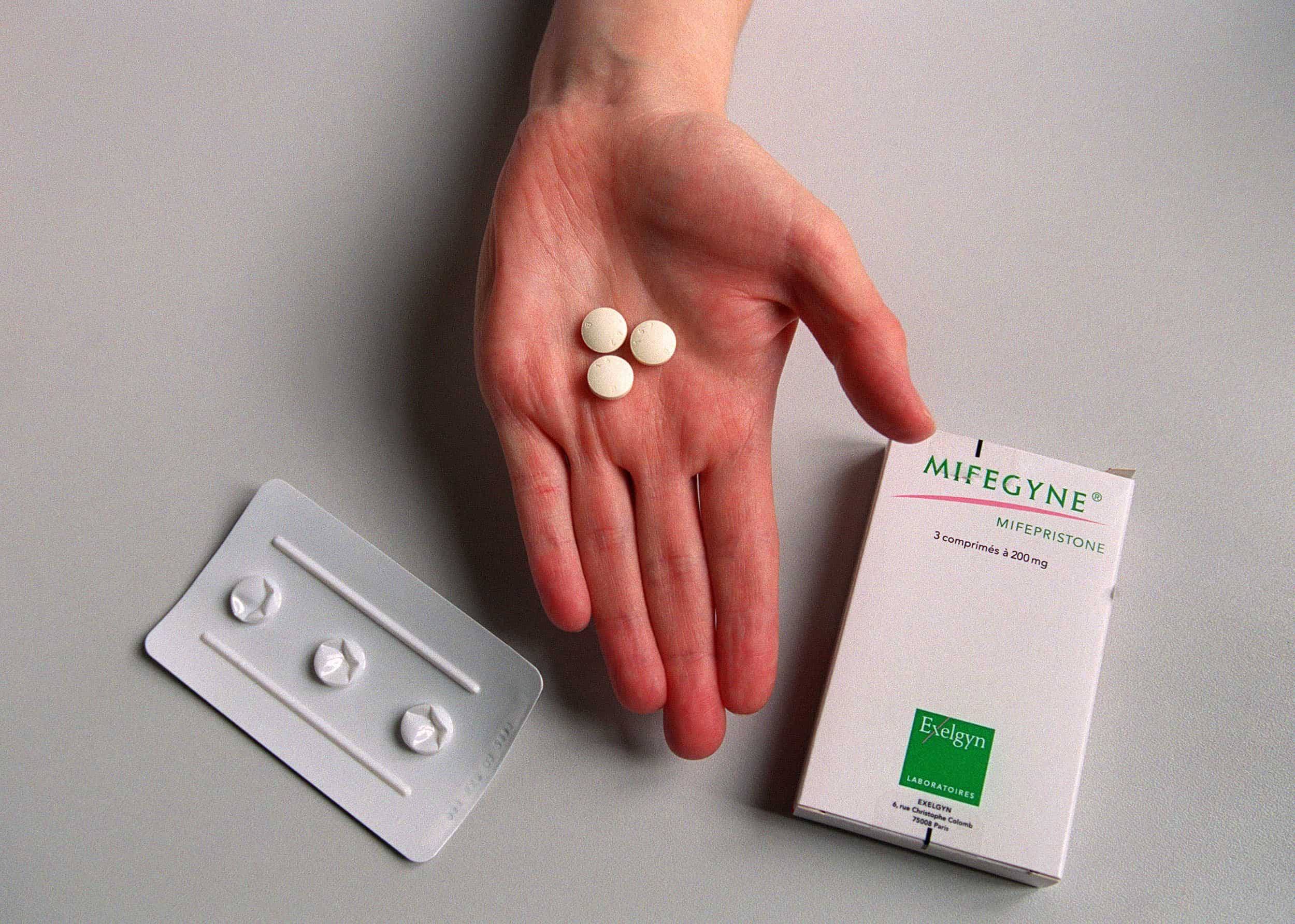Kenia was 17 years old when she suffered a fall that caused her to lose her pregnancy. In El Salvador, where abortion is illegal in all its extremes, she was sent to jail when she left the hospital. Almost nine years later she was released and told her story.
Kenia, who withholds her last name, was in her first year of high school when she became pregnant. Shortly after, in a barn next to her house, she fell and had an “obstetric emergency. Her father found her bleeding to death.
They called the police emergency, but no one arrived.
“My baby was born and did not react, the last thing I remember was that I saw many lights on my face. I was already in the hospital on a stretcher and there were many policemen guarding me, taking pictures of me,” Kenia recalled.
One of the policemen told her that he was going to make sure that I would “rot in jail, and I did,” she said. On the day of the trial, that policeman acted as a witness. “It was his version against mine, it was very hard,” she said in tears.
Already 18 years old, she received her sentence: 30 years in prison for an abortion that was classified as aggravated homicide.
“I was deprived of my freedom for something so unjust, I lost all my youth, I lost my family, all my plans to better myself collapsed,” explained Kenia, now 26 years old.
Despite the lengthy sentence, she and four other women with similar sentences received in the last two months the benefit of “early release”.
Some recounted their experiences at a press conference organized by the Citizens’ Association for the Decriminalization of Therapeutic, Ethical and Eugenic Abortion (Acdatee).
Aggravated Homicide
The recently released women were arrested by the police when they were seeking medical help in public hospitals. Some of them were already mothers, so the prison separated them from their children.
Since 1998, the Salvadoran Penal Code prohibits abortion in all cases and establishes penalties of up to 8 years.
However, prosecutors and judges classify abortion cases, even involuntary ones, as “aggravated homicide”, punishable by up to 50 years in prison.
Acdatee’s psychologist, Sara Garcia, said that 62 women have regained their freedom, by commutation of sentences, sentence revisions, pardons and “thanks to the feminist movement”, since July 2009.
In prison there are 10 women left with different sentences, and two who are airing their process in the courts.
“They were ten very difficult years in prison, but now I feel very happy to be with my family again, to be with my son again,” said Elsy, 38, who served 10 years in prison.
On June 15, 2011, Elsy was working as a domestic worker when she had an “obstetric emergency” and was subsequently detained.
He criminalized us for being women
“Because we are low-income people we find ourselves in situations like this and we have to pay, although perhaps the investigations are not very thorough,” lamented Kenia, who now wants to study English and “perfect herself” in cosmetology to support her family.
Evelyn, 34, also recounted her case. After her emergency, “they didn’t take me to a hospital because the police didn’t want to, they took me directly to some bartolinas [dungeons],” she explained. He had no money for a lawyer and was assigned public defenders.
“They made my process of three hearings, in each of them I had different lawyers who did not know my case. That law sentenced me to 30 years in prison, I was separated from my son, from my family for 13 years,” commented Evelyn, released in December.
“I think that law is unjust. It criminalized us for being women. Like my colleagues, we are innocent,” exclaimed Evelyn, who hopes to set up a bakery.
Another of the released women, Karen, had an emergency at home and when she woke up “she was already in the hospital, handcuffed to a stretcher”, with police asking her questions.
Inside the prison she also suffered criticism from her other cellmates and now in freedom she continues to be “judged” by society who “look at her ugly” and “always make bad comments”.
Stigma
The current Salvadoran legislation “causes stigma, provokes prejudice and generates the conditions for women to be persecuted, denounced, prosecuted and unjustly imprisoned,” said Morena Herrera, director of Acdatee.
“It is important to achieve the freedom of all the women who are still unjustly imprisoned, but we also need to achieve that there are no more women denounced in public hospitals,” Herrera stressed.
The freedom of these women, according to Herrera, was the result of “many struggles” and of “moving wills” with international support.






